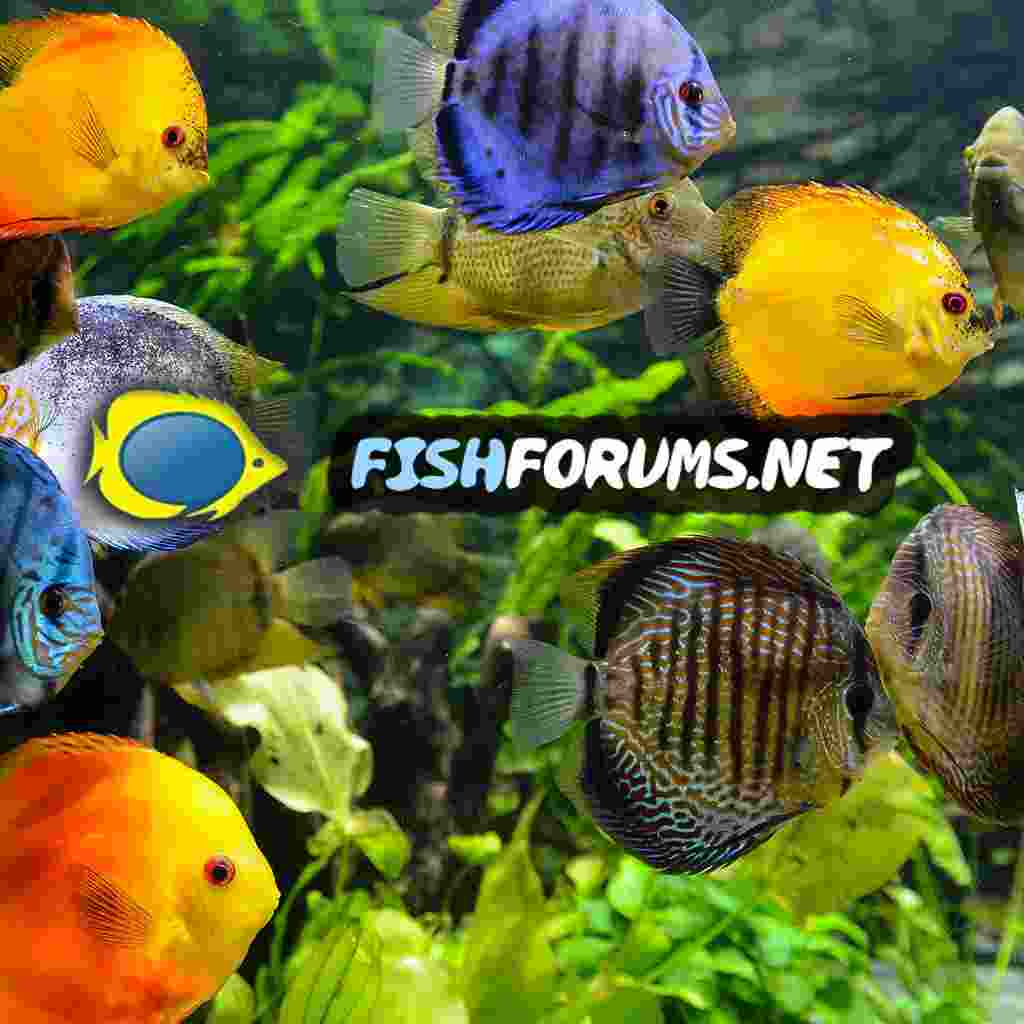Basically, all Cichlids like a crowd
Wow. A lot of hobbyists hate Cichlids and say stuff like that. It would be extremely harmful if you took that statement seriously.
East African Cichlids can be crowded because they're primitive mouthbrooders. They have no need to defend a brood rearing space because the female carries the eggs and larvae in her mouth, and the male has nothing to do with brood care. That kind of simple approach, behaviourally, allows them to live without defined turf. Males will fight for breeding spots, but they move on on, move around and the the same spot can be held by several species at various times.
The next step in complexity is switch mouthbrooders, where the parents trade carrying eggs and larvae, and defend each other. Already, you have territory developing, and already,
@itiwhetu 's joke isn't funny. My West African shared brooders were very territorial, although they didn't kill interlopers.
Once eggs are laid on a surface, the game changes and territory is claimed. Places are needed to safely raise the kids in, even if there are no kids yet. Non East African Cichlids you crowd end up at the surface where territory holders drive them, and if you don't remove them, they die. How aggressively that territory, defined by a rock formation, wood, a heater, whatever (Cichlids are visual) is defended depends on the species. But for territorial cichlids (from everywhere but Lakes Malawi and sometimes Lake Victoria in east Africa) crowding is a cruel approach. You can sometimes reach a competitive balance if you keep one of each species, shoehorn them in and enjoy watching them hover nervously. But you aren't keeping the fish in anything approaching what they need. Technically, you can keep a dog in a crate too. Should you? No.
Forget "Cichlid". It's an umbrella, but it includes a wide range of behaviours, needs and adaptations. There is nothing major a Cichlid does that every Cichlid does, beyond being a fish that breeds, eats and moves. We're all Primates here, but we humans don't live the same way as chimps, macaques, howlers or spider moneys, in spite of similarities. As an aquarist, you're the space alien who brought home a collection of primates from Earth, and you'd be wise to look at each species as different and deserving of the attention you should give to their needs.



